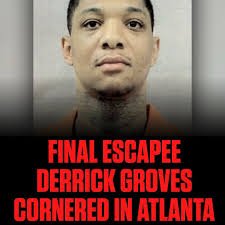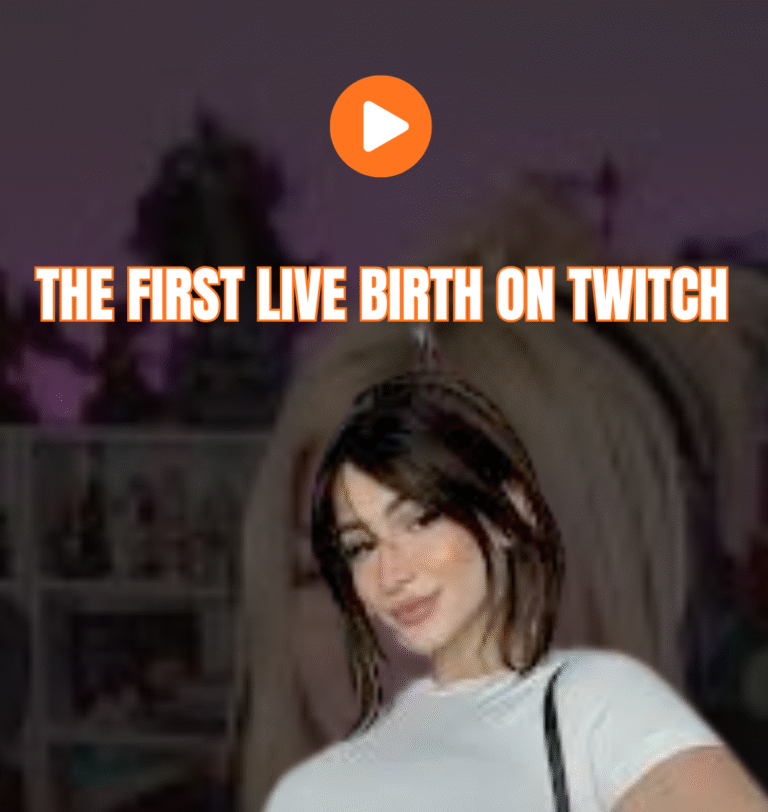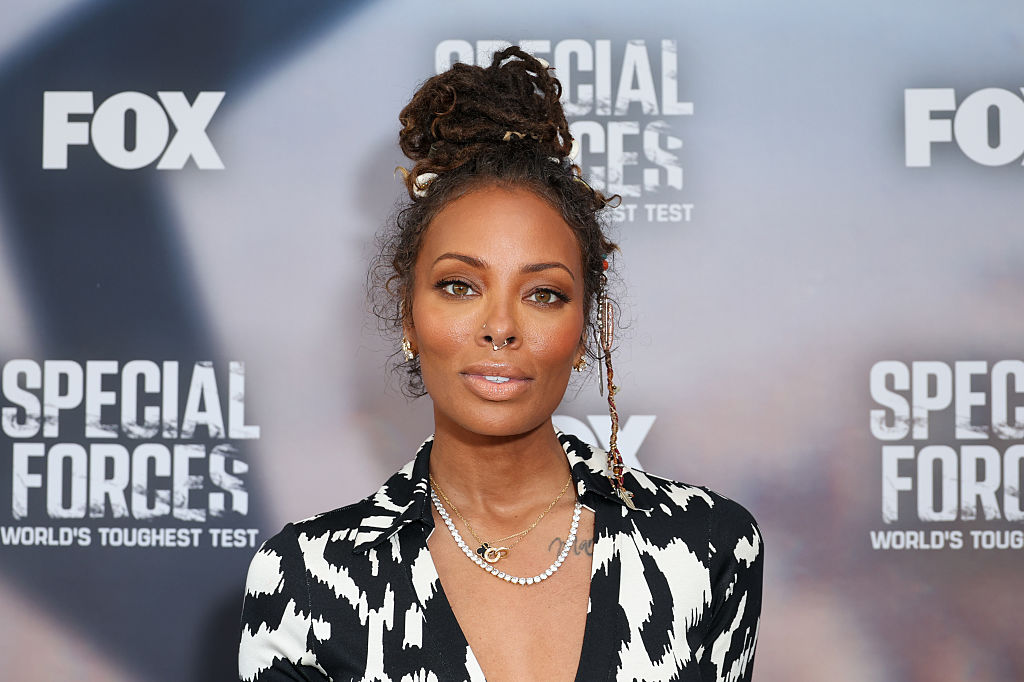

In the early 2000s, “BET Uncut” emerged as a late-night phenomenon that would leave an indelible mark on hip-hop, Black culture, and popular music. Known for its uncensored format and provocative music videos, “BET Uncut” gave a platform to content that pushed the envelope. Among the standout videos aired on the show was Nelly’s “Tip Drill,” which, for better or worse, became the poster child for the show’s cultural impact and the ongoing debate over hip-hop’s portrayal of women, sexuality, and wealth. Let’s dive into the origins, reception, and lasting influence of both “BET Uncut” and “Tip Drill,” unpacking how they reflect larger conversations in Black culture and hip-hop history.
1. The Origins of BET Uncut
Launched in 2000, “BET Uncut” was created to air content that didn’t fit the mold of mainstream daytime programming. Airing from 3:00 a.m. to 4:00 a.m., the show primarily featured hip-hop videos that were deemed too explicit for regular viewing hours. This late-night slot allowed BET to showcase emerging artists alongside established rappers pushing boundaries with themes of street life, sexuality, and materialism.
For many artists, “BET Uncut” was an entry point, allowing them to showcase their music to a broader audience. Without it, tracks that didn’t have a “radio-friendly” hook or visuals might have been relegated to the underground. “BET Uncut” reflected an unfiltered part of hip-hop that was raw, controversial, and—for many—authentic. The show became a cult classic, one that people either loved for its boldness or criticized for its explicit content.
2. The Shock Value of “Tip Drill”

In 2003, Nelly released the music video for “Tip Drill,” a song about a man showing off his wealth and celebrating women’s bodies in the context of strip club culture. With scenes filmed in a Miami mansion, the video featured numerous women dancing provocatively, engaging in explicit scenes, and included the now-infamous moment where Nelly swiped a credit card down a woman’s backside.
Upon its release, the “Tip Drill” video sparked immediate controversy. The provocative images stirred debates about objectification, misogyny, and the ways Black women were portrayed in hip-hop media. The video’s unapologetic portrayal of women as mere props for male pleasure ignited backlash from women’s groups, academics, and the public, eventually sparking organized protests. The video was divisive: for some, it was merely entertainment, but for others, it crossed a line, cementing its place in cultural conversations about respect, representation, and artistry.
This music video was so raw that it can’t even be found online in 2024 dawg…but you can watch this white boy react to it
3. Backlash and Protests
“Tip Drill” catalyzed a moment of reckoning not just for BET but for hip-hop and Black culture at large. Many women, especially Black women, protested against the video’s objectification of women, arguing that it perpetuated harmful stereotypes and that mainstream media’s support of such images undermined the strides Black women had made in various professional fields.
In 2004, students at Spelman College, a historically Black women’s college, organized a protest when Nelly was scheduled to hold a bone marrow drive at the school. The students refused to support the event until Nelly and his team acknowledged the problematic portrayal of Black women in “Tip Drill.” Their protest highlighted the double standards within hip-hop culture, where Black men were lauded for their success and power, while Black women were often cast in subservient or hypersexualized roles. The Spelman protests were covered widely, shedding light on the conversation about respect, representation, and equity for Black women within the hip-hop space.
4. The Cultural Significance of “BET Uncut”
“BET Uncut” was never just a music video show. It was a lens into the values and aesthetics that certain segments of hip-hop culture embraced. As much as it represented a celebration of self-expression, it also perpetuated a problematic, male-dominated vision that fed into negative stereotypes.
On the one hand, “BET Uncut” gave a voice to artists who thrived on the periphery of mainstream hip-hop, allowing them a platform to share their unfiltered visions. Yet, for many viewers, the show seemed to reinforce stereotypes about Black men’s fixation on wealth and women’s bodies, becoming a representation of hyper-materialism and hypersexuality in hip-hop. Despite its controversial nature, the platform was a significant part of hip-hop’s growth and evolution, showing the raw, gritty, and unapologetic side of the genre that resonated with those who felt unseen by mainstream media.
5. The End of an Era: “BET Uncut” and Nelly’s Apology
By 2006, the protests and criticisms of “BET Uncut” had reached a fever pitch. BET ultimately canceled the show that year, as the network sought to rebrand and avoid alienating advertisers and viewers. Nelly, in response to ongoing backlash over “Tip Drill,” publicly apologized, acknowledging that the imagery in the video was “wrong,” although he defended his artistic choices.
The end of “BET Uncut” marked a shift in how hip-hop was presented on mainstream media. The controversy surrounding the show and “Tip Drill” pushed artists and record labels to reconsider how they represented women in music videos, and it encouraged BET and other networks to find a balance between artistic freedom and responsible representation.
6. The Legacy of “BET Uncut” and “Tip Drill”
Despite the controversy, the cultural impact of “BET Uncut” and “Tip Drill” is undeniable. The show represented a specific era in hip-hop where artists could push the boundaries of expression. “Tip Drill” forced hip-hop culture and the wider Black community to confront uncomfortable questions about sexism, representation, and the ways Black women were depicted in media.
While today’s hip-hop industry is still navigating issues of objectification and representation, artists are now more aware of the power of their platforms. The protests against “Tip Drill” served as a wake-up call that forced artists, labels, and networks to consider how they represented women in their art.
The conversation around “BET Uncut” and “Tip Drill” has also resurfaced in recent years, as nostalgia for early 2000s hip-hop grows. For some, “BET Uncut” represents a time of fearless expression, while for others, it stands as a cautionary tale about the impact of media on cultural perceptions and values. Ultimately, the legacy of “BET Uncut” and “Tip Drill” continues to echo in hip-hop, a reminder of the power music has to shape—and sometimes distort—cultural narratives.






